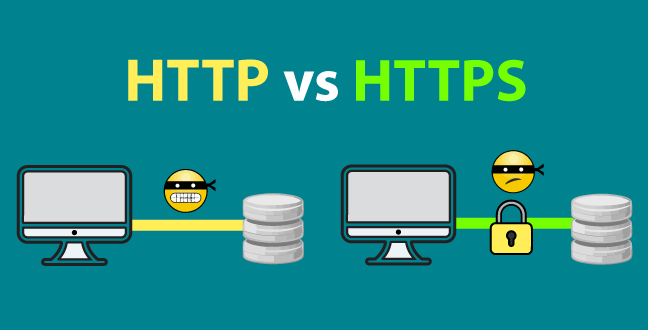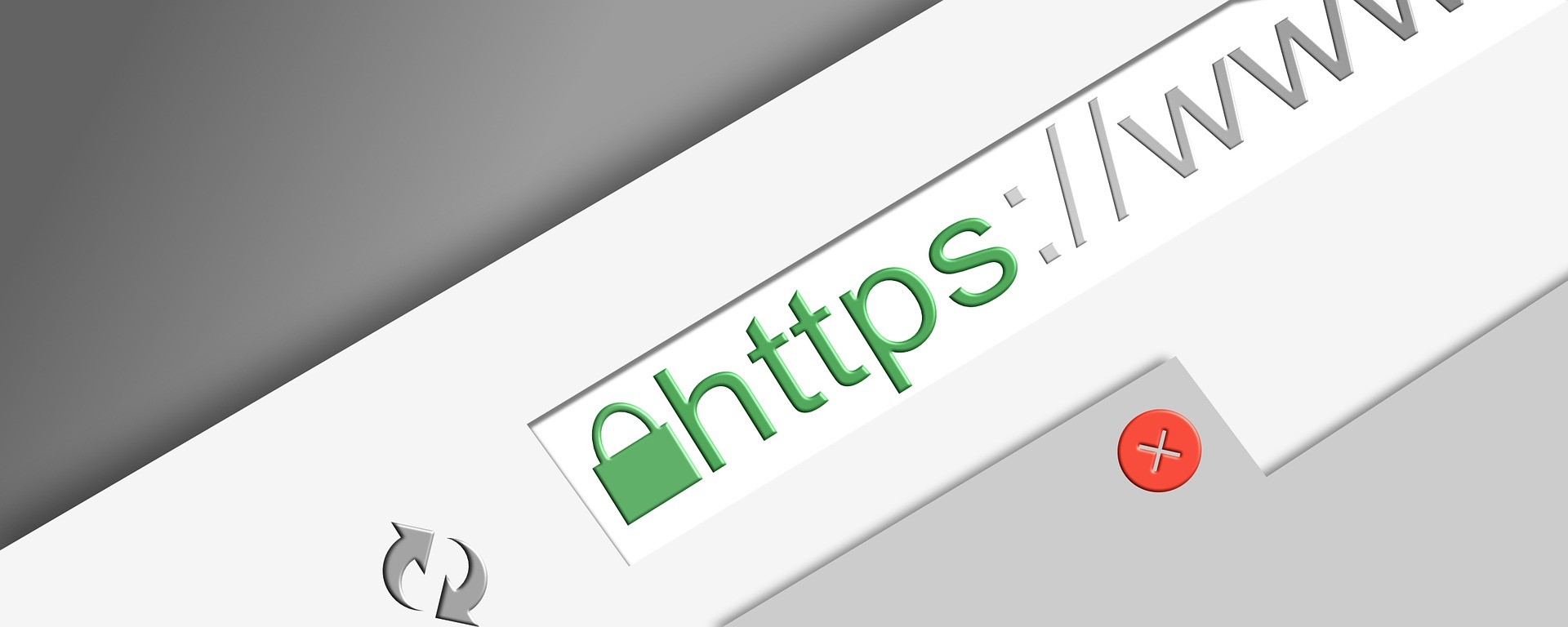Archives
- Newer posts
- November 2025
- October 2025
- September 2025
- August 2025
- July 2025
- June 2025
- May 2025
- November 2024
- April 2024
- November 2023
- October 2023
- August 2023
- May 2023
- February 2023
- October 2022
- August 2022
- July 2022
- May 2022
- April 2022
- March 2022
- February 2022
- June 2020
- March 2020
- February 2020
- January 2020
- December 2019
- November 2019
- October 2019
- September 2019
- August 2019
- July 2019
- June 2019
- May 2019
- April 2019
- March 2019
- February 2019
- January 2019
- December 2018
- November 2018
- October 2018
- September 2018
- August 2018
- July 2018
- June 2018
- May 2018
- April 2018
- March 2018
- February 2018
- January 2018
- December 2017
- November 2017
- October 2017
- September 2017
- August 2017
- July 2017
- June 2017
- May 2017
- April 2017
- March 2017
- February 2017
- January 2017
- August 2016
- June 2016
- April 2016
- March 2016
- February 2016
- January 2016
- July 2015
- June 2015
- Older posts

HTTP vs HTTPS: Why You Need to Upgrade
HTTP vs HTTPS, which one should you go for? With the rollout of Chrome 68, Google’s latest version in July 2018, Google’s Browser claims to label all non – HTTPS sites as ‘not secure’. That would mean that any website you browse through and is not HTTPS, a prefix label “Not secure” would show up and may even bar your access.
With a vast majority of internet users using Google Chrome as their internet browser, a site that is non- HTTPs could lose a great deal of online traffic. Less traffic would directly or indirectly mean less business. The consequences could be far more.
Here are some important points that you need to know about HTTPS, and why you need to upgrade and invest in online security.
HTTP vs HTTPS: What is the difference between the two?
HTTP stands for HyperText Transfer Protocol. It is a protocol that is used to transfer data from a web server to the browser to view web pages. HTTP without an “S” means that the data that is transferred is not encrypted. And it can, therefore, be intercepted by third parties to gather data that is being passed through it. This simply means that a hacker can steal your data or login information with encryption.
HTTPS, on the other hand, is a secured version of the protocol where the “S” stands for secure. This involves the use of an SSL certificate where “SSL” stands for Secure Sockets Layer. SSL is a standard technology that keeps the internet connection secured between two systems thus safeguarding data sent across them.
These two systems can be a server and a client like between an e-commerce website and a browser, or server to server (an application asking for payroll information). When a site is secured by an SSL certificate, it would have https in its URL.
A site that has HTTPS would have a green lock in the address bar which is an indication of a secure connection. It displays details of the certificate, including the issuing authority and the name of the website owner. HTTP, on the other hand, would have this feature missing.
What happens if you don’t have HTTPS?
If you don’t have the SSL certificate for your website, a secure connection cannot be established. This puts your users at great risk. Intruders, both malignant and benign, will try to exploit every loophole available between your website and users and every unprotected resource available.
Almost two years ago, Google released a statement, in which it warned that from the perspective of SEO, sites using HTTPS (SSL = certificates) would be slightly favoured. This means that sites with HTTPS will probably appear higher in search results.
The real problem arises when we need privacy in our tasks which involves e-commerce or simply just a site where we browse. You never really know how malicious that site could be. There are people online who might want to steal information like passwords and card details. Or consider a case wherein a user fills in his order details and an attacker slips another payment’s gateway link under the original one, sending the money elsewhere.
Therefore we need to have security in order to stay safe and not get hacked or let our information go out, but be *secure* at all times.
It is important that all websites should be protected with HTTPS, even if they don’t handle sensitive communications. Being HTTP-secured is one of the most crucial factors while browsing the internet.
HTTPS protects your integrity in a great way from intruders that include attackers, legitimate but intrusive companies (such as internet service providers) or even hotels that could add advertisements into pages. HTTPS protects your website from the exploitation of passive communication
Another common misconception of HTTPS is that only HTTPS sites hold sensitive communication. Every HTTP request can potentially reveal information about the behaviours and identities of the specific user although a visit to an HTTP site may seem all good. HTTP-secured is known to be the future of the web since many and almost all users seem to need data security.
It is time websites migrate their pages to HTTPS or lose a chunk of their traffic!
There was a time when people felt the internet was another world, but now people realize it – Tim Berners Lee
Elton Jason Fernandes

